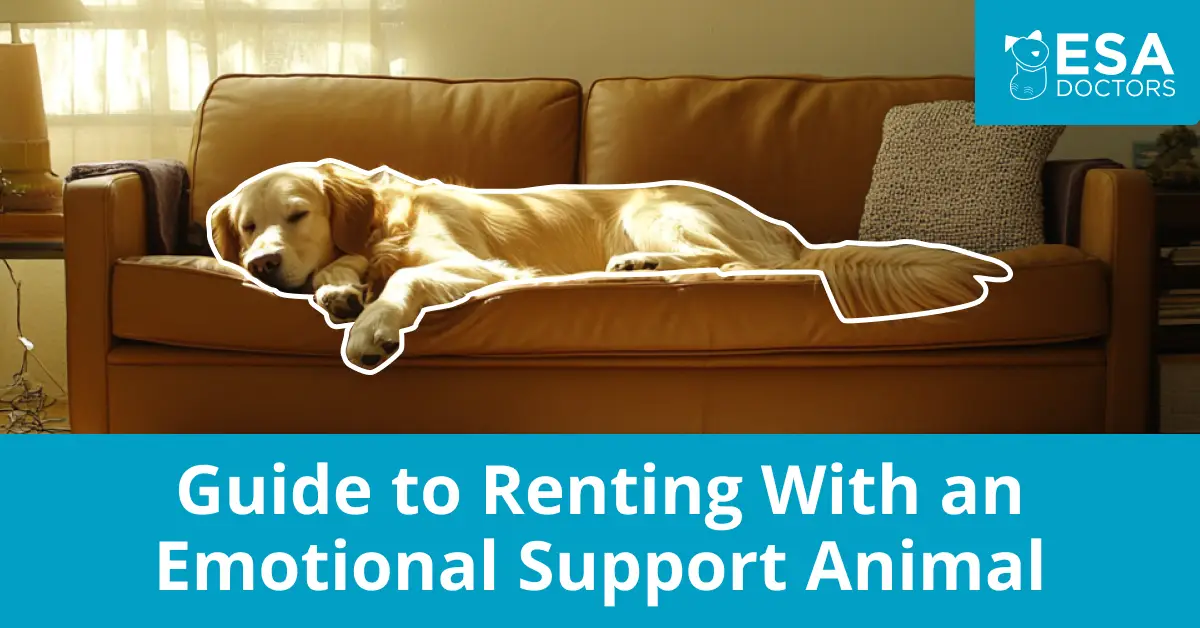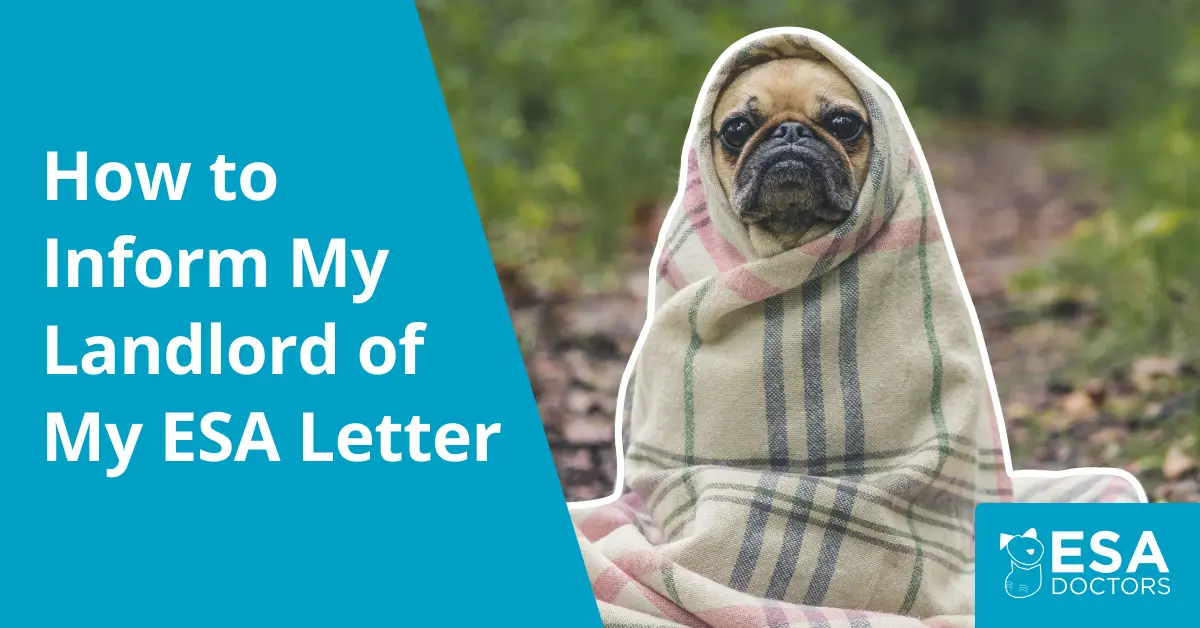No, generally, landlords can’t deny an emotional support animal because of allergies unless they can prove (a) another tenant’s health is at serious risk and (b) that there are no reasonable steps that can be taken to reduce that risk, which is a very high bar.
Sometimes landlords are reluctant to accept emotional support animals because their concerned tenants who are allergic to dogs may object. Or, they might just be looking for an excuse to not deal with a dog on the property.
Typically, the fact that another tenant may be allergic to dogs is insufficient to reject an ESA. Under HUD’s housing rules for emotional support animals, landlords can reject an ESA if it poses a “direct threat to the health or safety of other individuals.” Just a worry about the potential for an allergic reaction is not enough.
Even if there is a legitimate concern about dog allergies due to a particularly sensitive tenant, the landlord still has to see if other accommodations can be made so all tenants can live and coexist peacefully. In most cases, limiting the dog to the owner’s apartment or home and certain common areas is enough to reasonably reduce any potential harm to other tenants. Thoroughly cleaning an apartment after a tenant has moved out can also prevent harm to future occupants.
If your landlord says you can’t have an emotional support dog because another tenant has allergies, here are some things you could respond with:
“I understand your concern about allergies, but under HUD’s rules, you need proof that my ESA poses a ‘direct threat’ to others’ health that cannot be mitigated through reasonable accommodations.”
“I’m willing to work with you on reasonable solutions that can address both my need for my ESA and any allergy concerns. For example, we could establish specific routes through the building to minimize contact.”
“Even if another tenant has allergies, both of our needs must be accommodated. Have you explored solutions like using air purifiers in common areas?”
“I’m happy to take extra cleaning precautions, like keeping my ESA groomed regularly and using allergen-reducing products in my unit to help minimize any potential impact on others.”
🏡
Even if there is a serious allergy concern, the landlord must consider alternative ways to accommodate the animal.
Situations where the risk of dog allergies to another tenant is truly severe are rare. Remember, at one point, ESAs were even allowed to board plane cabin of planes — and service dogs still are.
It is up to the housing provider to make sure all tenants are accommodated and their health needs are respected.
Having an ESA is beneficial for your mental health and, in most cases, accepted by landlords — provided you have a legitimate ESA letter issued by a licensed health professional.





Leave a Comment